A recent report from the UN Human Rights Council (A/HRC/59/23) lays bare the brutal realities of occupation and economic exploitation in Palestine. But its revelations extend far beyond a single conflict. The report presents a chilling case study of how corporate interests, backed by state power, systematically erode human rights. And it mirrors a wider global crisis: the climate emergency.
What ties these two together? Corporate greed, state violence, and structural impunity.
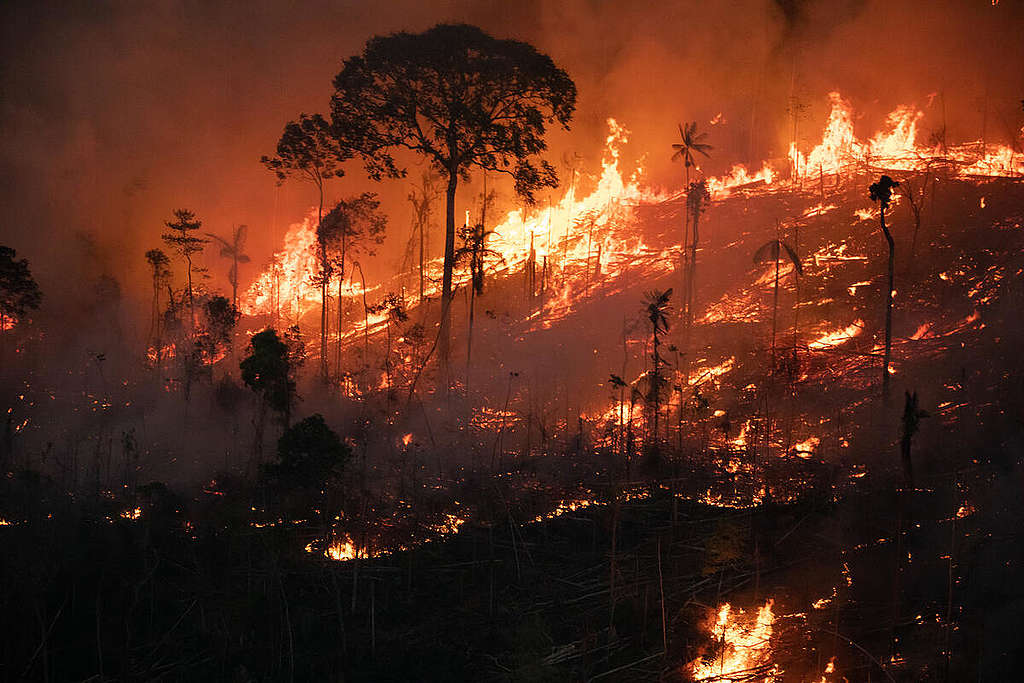
From Palestine to the Planet: How Corporate Power Fuels Extraction and Oppression
In the occupied Palestinian territories, corporations are not neutral economic actors. They are deeply embedded in the occupation, extracting resources, controlling infrastructure, and enabling illegal settlements, all under military protection. This is not just profitable; it’s central to the logic of control.
The report also exposes the role of cutting-edge technology: AI-assisted drones, biometric surveillance, and bunker-busting bombs, all developed and deployed by private corporations and tested on human beings. These tools are not just instruments of war; they are instruments of profit. A booming industry of death and repression, subsidized and exported by governments around the world.
Palestine is not an outlier. From the Amazon rainforest to the Congo’s cobalt mines, the same corporations are destroying land, displacing people, and accelerating ecological collapse. The same weapons manufacturers that bomb Gaza equip the police who repress protest movements. The same oil companies that poison rivers in the Niger Delta fund political campaigns in Washington and the West.
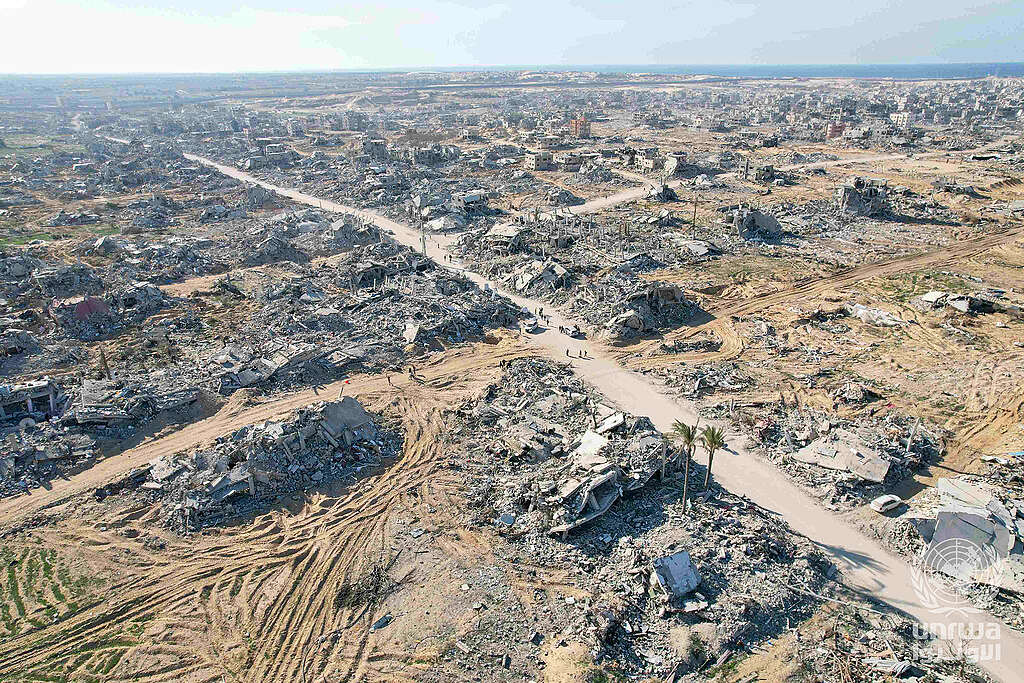
The Coalition of Death: Power, Profit, and Complicity
Behind every bomb dropped on Gaza is a long supply chain of power and money. The leaders of this war are not just in Tel Aviv- they sit in Washington and range from Israel supporters in the West. This is a coalition of destruction: a network of states and corporations united by shared interests in arms sales, energy markets, surveillance tech, and geopolitical dominance.
Yes, there are tensions between them, competing strategies, and diplomatic disagreements, but the bombs keep falling. The coordination works. The partnership is longstanding. Without this web of support, the occupation would not have lasted decades. Without it, tens of thousands in Gaza would still be alive.
These are the merchants of death. They speak many languages, fly different flags, and wear different suits, but they share a single vocabulary: killing, extraction, and profit. Their decisions are not guided by human rights or climate goals but by the pursuit of dominance and dividends.
Protest movements cannot beg these actors to behave better. We have nothing they want, nothing to trade, no leverage in their calculus. We are not their partners. We are the collateral. The goods are on the table. The burned forests, the bombed-out cities, the drowning coastlines, the bodies.
If we want to stop them, we must disrupt their business. Refuse their deals. Break the machinery.
Environmental Injustice as Control
In Palestine, environmental tactics, like water deprivation, land seizures, and crop destruction, are used deliberately to subjugate a population. The same patterns are found globally, where vulnerable communities are hit first and hardest by climate breakdown, pollution, and disaster capitalism.
From Gaza’s aquifers to Flint’s poisoned pipes to rising seas in the Pacific, the logic is the same: protect capital, sacrifice the poor.
No Accountability, No Future
Whether it’s fossil fuel expansion or arms sales to occupying forces, accountability is absent. Corporations shield themselves with legal fiction, and governments look the other way or, worse, directly enable them.
The result? A world where genocidal violence and climate collapse are not aberrations. They are built into the model.
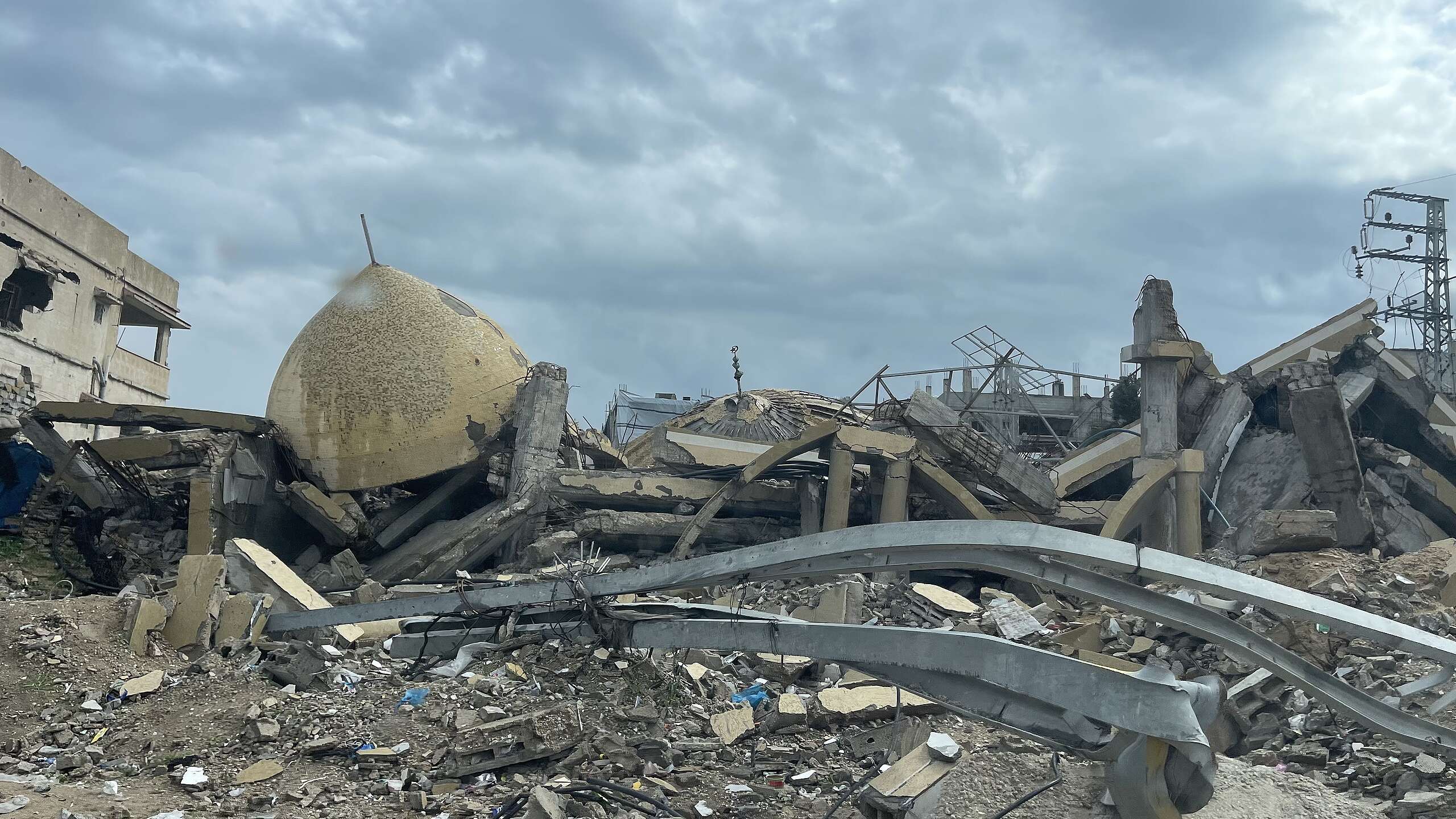
The Price of Profit: War, Warming, and Wreckage
Resource extraction is not only an ecological issue; it is a central driver of war and occupation. Gaza’s offshore gas, the West Bank’s water aquifer, the Congo’s minerals—all become battlegrounds, not because they are poor, but because they are rich. This is what the system does: it turns life into profit and profit into power.
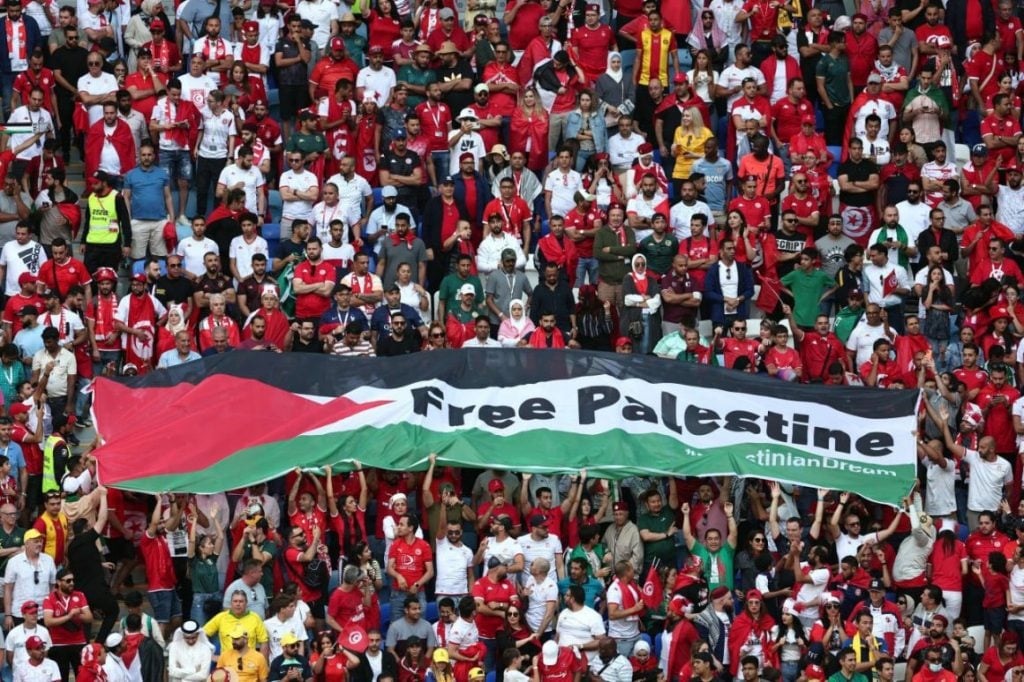
Resisting the System—Not Just Its Symptoms
We cannot look to the architects of destruction to lead us to justice. The same governments, institutions, and corporations fueling war, occupation, and climate collapse will not be the ones to stop it. We must organize—not to reform this system at its edges, but to dismantle it at its core.
In Canada, that means naming and confronting our complicity. The CDPQ—the fund that invests Quebecers’ pensions—is entangled in this global web of violence, channelling public money into companies that profit from the occupation of Palestine, from fossil fuel extraction and arms manufacturing.
We refuse to be complicit. Let us demand that the CDPQ withdraw every dollar tied to the crimes being committed against the Palestinian people and the destruction of our planet.
Climate justice and human rights are not parallel struggles—they are the same. To fight for a livable planet is to fight for the freedom and dignity of all people. There is no green future on stolen land. There is no justice when bombs fall from the sky with corporate logos etched into them.
There can be no just transition while the merchants of death hold the reins of power. Disruption, resistance, and a radical reimagining of our economic and political systems are not just necessary—they are urgent.

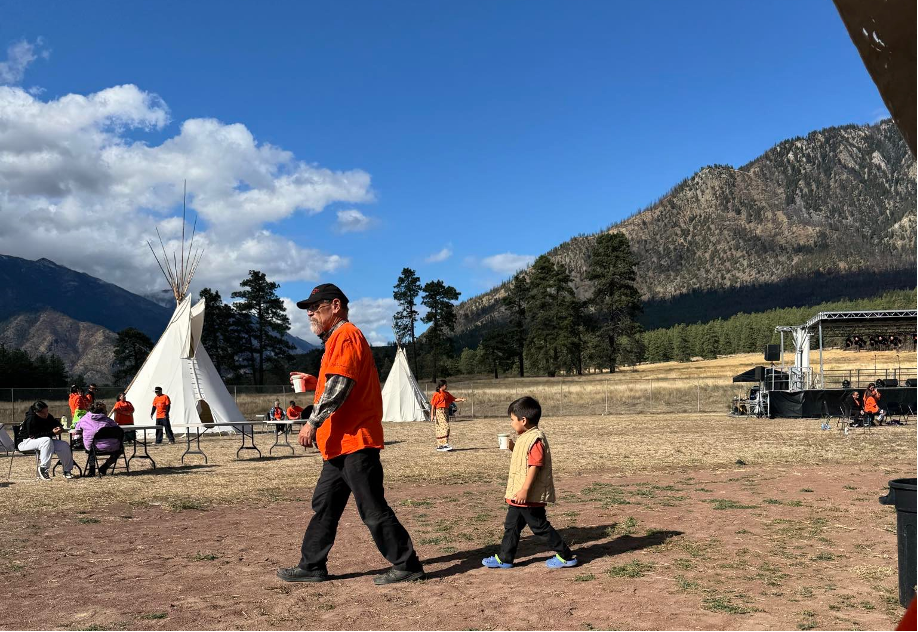
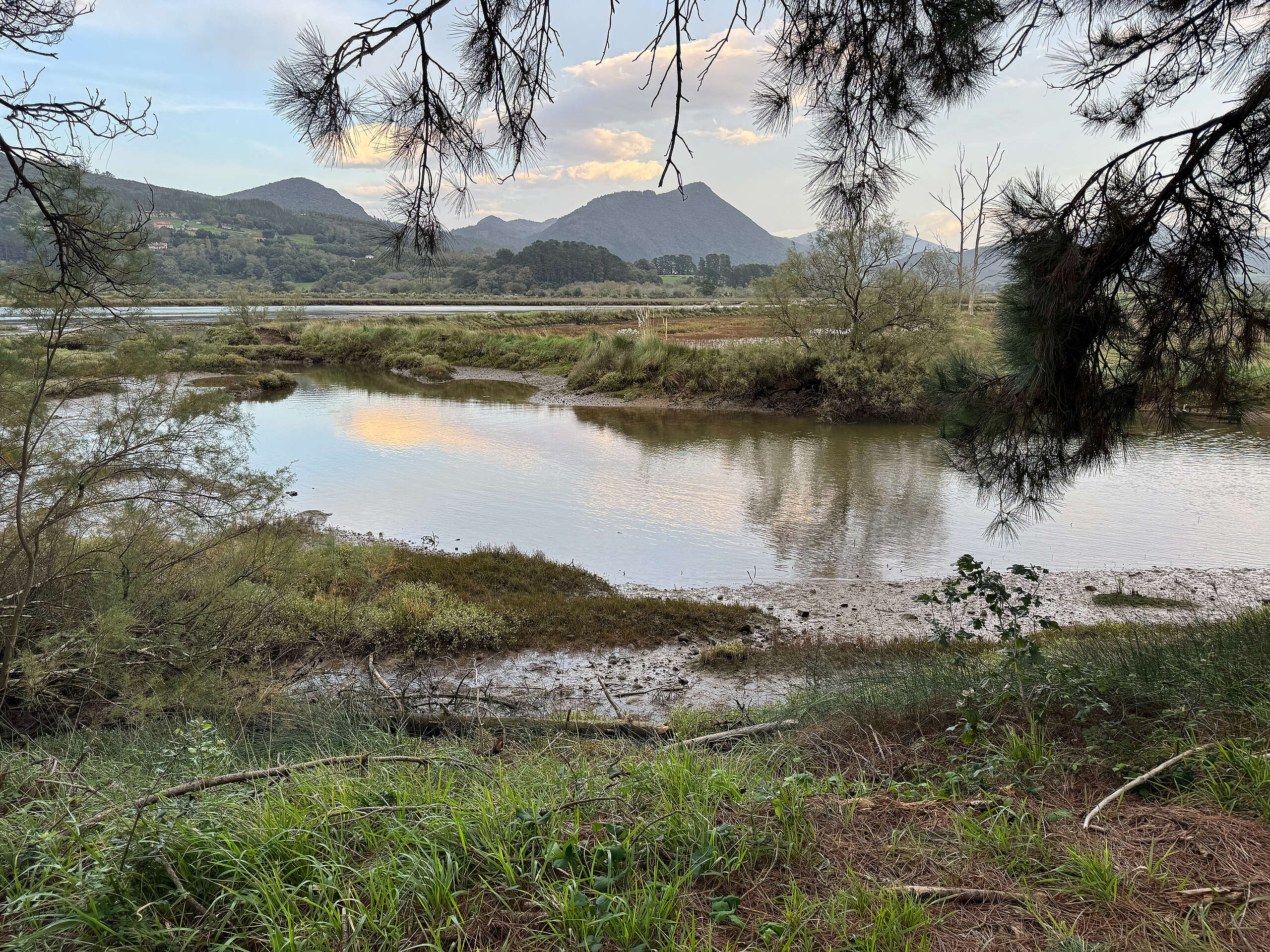
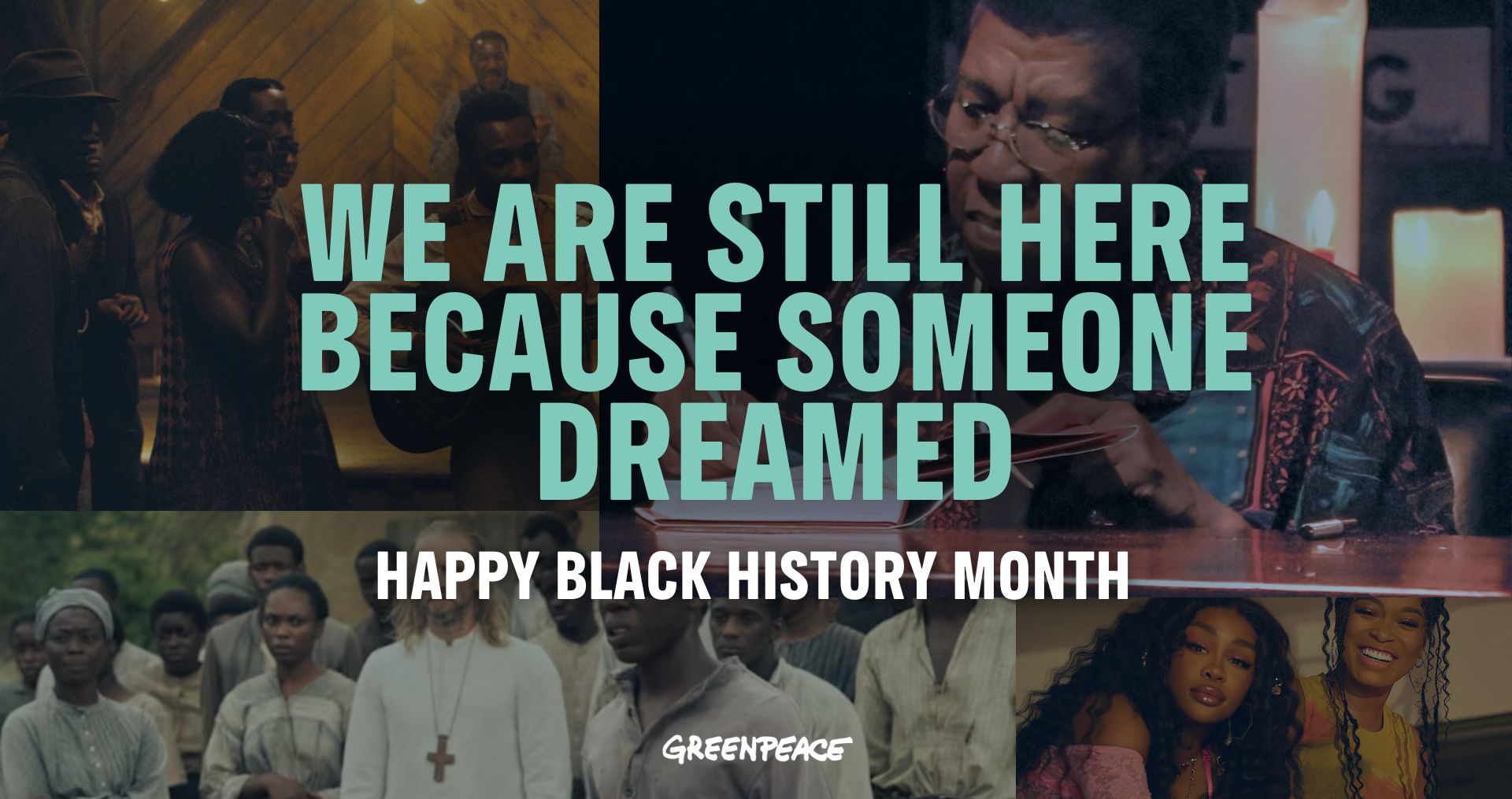
Discussion
I read the article Occupation, Extraction, and Extinction: How Corporate Greed Fuels Human Suffering and Climate Collapse with a sense of recognition. It draws a clear line between corporate greed and a world of upheaval. I respect Yossi for speaking up in this delicate situation. As an Israeli expat, he and Galit are putting themselves directly in the line of rebuke from both friends and family. This is an example for us all. We cannot be afraid to stand up and speak truth to power! I commend Yossi for speaking up and for his commitment to this planet. 🙏🏼👋🏼